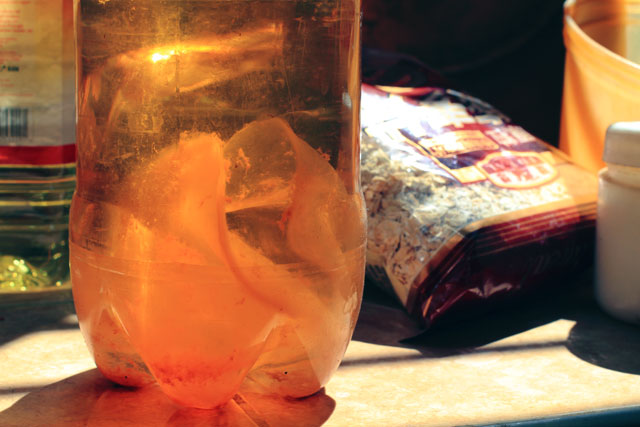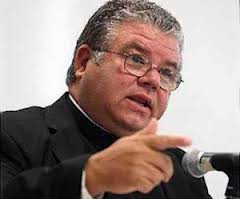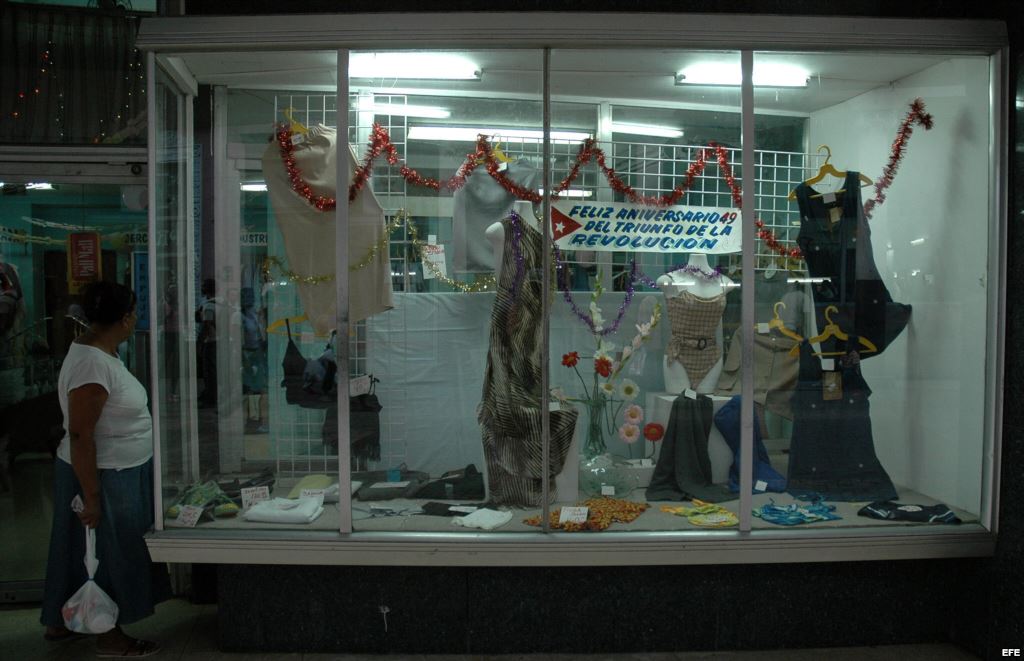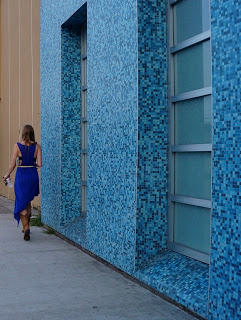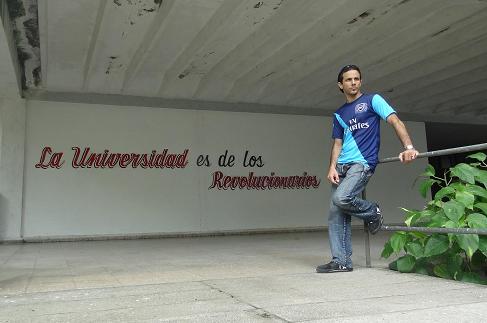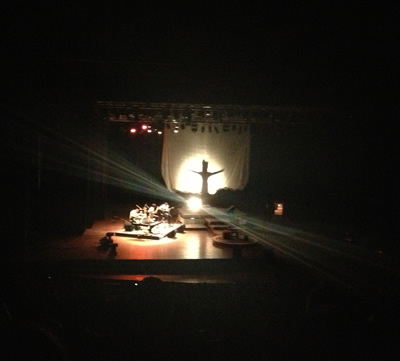Dear writers – French and from other nations present – critics, editors, translators, readers and the public in general:
I do not deny to you that after several days the news of this event slept inside the prison, mocking the constant and deep watchfulness over my person, without it being possible to calm my anxiety after receiving the news, as well as the fear that my contacts would be surprised and punished severely, until I was happily delivered on this past Thursday, May 30, I never imagined that solidarity against injustice and in favor of free writing, by bringing me back, would take such dimensions and awaken such beautiful feelings at the same moment in which I suffer unjustly.
Already you ought to know that my “crime” was to think differently, wrongly or not, to err is my right; but dictatorships, as everyone knows, do not accept the most negligible possibilities of dissenting from their policies.
Now, in order to write these words, I outwit all surveillance in my surroundings; any informer who reports on me, especially on my clandestine correspondence and contacts that mock the eyes of the censors, is awarded with gifts, and whoever does not do so, if the military learns that something was not reported – something as simple as me writing this now – is maligned as not being reliable and sent to a distant province, where his family can not visit him.
I could not deny to you and not make you participants, in the midst of so much negativity and arid penance, of the excitement that the news of this meeting today, Day 4, caused in me; I know that similar readings take place in other cities of Europe, convened by the PEN Club and other important institutions, and later on in September, the International Book Fair in Berlin. Several tears escaped from inside me as a sign of celebration and a thanksgiving to you; it was the only way to demonstrate my stealthy tribute.
Nor could I deny to you that, despite the misery that lives my country, and the misery that I live in my case in particular, I am on the altar of the homeland. I will have no space in another place, inside or outside of Cuba, while the dictatorship reigns.
I will definitely not leave our island while they do not respect the human rights and freedoms of the Cuban people. I will keep fighting, more now that I have encouragement from you, your prayers and the activist support that comes to Cuba, to me, from that meeting you are now holding.
Until freedom comes to my country, I will keep on denouncing the abuses and outrages against all hope, willing to pay the price of my life, if the time comes; but until today, I swear that God has not left me. I have no other way, I have this, that I am master of my steps though they have me behind bars. Meanwhile, and it is the unique luxury of revenge that could shelter my feelings, I write and I attempt – as all of you do – that literature justify each inhalation of my life and, in particular, of the place where I am today.
I want to reiterate my eternal gratitude to all the organizers of this reading, and to each and every one of those present, feel my embrace, one bathed with enthusiasm and optimism.
Long live the word, and long live freedom!

Ángel Santiesteban-Prats
31 May 2013
Prison 1580
Havana, Cuba
Note from the Editors:
This message was sent by Ángel Santiesteban-Prats to give thanks for having been included in the reading tribute to the writers who suffer persecution and imprisonment, organized by La maison de l’arbre, la Biennale des poètes en Val de Marne, La Maison des écrivains et de la littérature et le Pen club français, “Écrivains empêchés/Écrivains dépêchés” (The Tree House, the Biennial of the poets in Val de Marne, The House of the Writers and the Literature and the French PEN Club, “Detained Writers/Dispatched Writers”).
In solidarity with the imprisoned Chinese writer Li Bifeng, the International Book Fair in Berlin called upon intellectuals, artists, universities, media, theaters and other cultural institutions around the world, to organize readings of tribute with the motive of the sad anniversary of the repression in Tiananmen Square and of the day of the World Wide Reading on the topic of resistance.
Among the readings which were done, Angel Santiesteban-Prats was distinguished, who is unjustly imprisoned in Cuba by the Castro dictatorship, for the simple “crime” of expressing himself freely in this, his blog.
His story, La luna, un muerto y un pedazo de pan (“The moon, a dead man and a piece of bread”) has been read by the French writer and poet, Irène Gayraud.
12 June 2013

